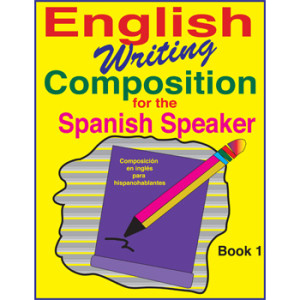International Dyslexia Association
When my boys were young, they had difficulty learning to read so I joined the International Dyslexia Association (IDA). I went to their conferences and meetings. I learned so much! I had been a school teacher for ten years and had my Masters in Curriculum and Instruction but what I learned about reading was from the conferences and workshops I went to sponsored by IDA. Many would agree with Dr. Louisa Moats, “IDA remains the best interdisciplinary conference for all professionals, advocates, and families concerned with reading, writing, and language difficulties.” I have to agree with Ms. Moats when she says, “IDA meetings, over the past three decades, are where I’ve obtained my real education.”
What I learned at IDA conferences and meetings rang true. As a schoolteacher, I have gone to many workshops, meetings and conferences where the information presented does not always ring true for me.
I will also agree with Dr. Moats when she say, “We should abandon the hope that serious reading disabilities can be fixed or remediated in a few short lessons per week over a year or so.”
She goes on to site Professor Devery Ward from Appalachian State University who chronicled her work with one student who has been receiving an intensive tutorial twice weekly for six years. Slowly, slowly, the student has gained word reading skills and better reading fluency, but at age 16 is reading 80 words per minute. That’s about half the rate of his peers. He’s much better, but not cured. With commendable persistence by everyone involved, tutorials and accommodations continue.
Dr. Moats goes on to say, “If data are going to drive our thinking, then all indicators point to this: screen the kids early; teach all the kids who are at risk, skillfully and intensively; and maintain the effort for as long as it takes. Meanwhile, nurture the students’ interests, aptitudes, and coping strategies and trust that most are going to make it in real life.”
As a teacher, I tell parents to nurture their children’s interests and aptitudes. Often children, who have difficulty in school, excel at after school sports or other activities. Parents often want to take these activities away when their children do not do well in school. I don’t recommend taking away what their children excel at or show interest in as a form of punishment.
Fisher Hill has an excellent English literacy program for Spanish-speaking teens and adults who have had difficulty learning to read and write. How does our literacy program work? We have four different series in our literacy program. Each series has six volumes. Each volume is a workbook. These four series can be used in conjunction with each other. The very first book to use would be English Reading and Spelling for the Spanish Speaker Book 1. This series introduces students to reading in English. The series uses a very systematic, explicit approach to teaching the forty-four speech sounds used in the English language. After completing English Reading and Spelling for the Spanish Speaker Book 1, students are ready to practice their beginning reading skills by using English Reading Comprehension for the Spanish Speaker Book 1. They can also begin practicing writing by using English Writing Composition for the Spanish Speaker Book 1. English Vocabulary for the Spanish Speaker Book 1 reviews the vocabulary presented in English Reading and Spelling for the Spanish Speaker Book 1. After completing the Book Ones in the series, students can begin the Book Twos. The four series, each with six workbooks, were written to be used together. By using the four series together, students get a good foundation in English literacy.
Adults like our workbooks because the pace is reasonable, print is large, directions are in Spanish, there’s lots of pictures but the content is for adults. Teachers like our books because everything is ready to go! There’s an answer key at the the end of each lesson and an English translation of the Spanish directions at the end of each book.
Visit our website at www.Fisher-Hill.com to learn more about our English literacy series for Spanish-speaking teens and adults.





You must belogged in to post a comment.